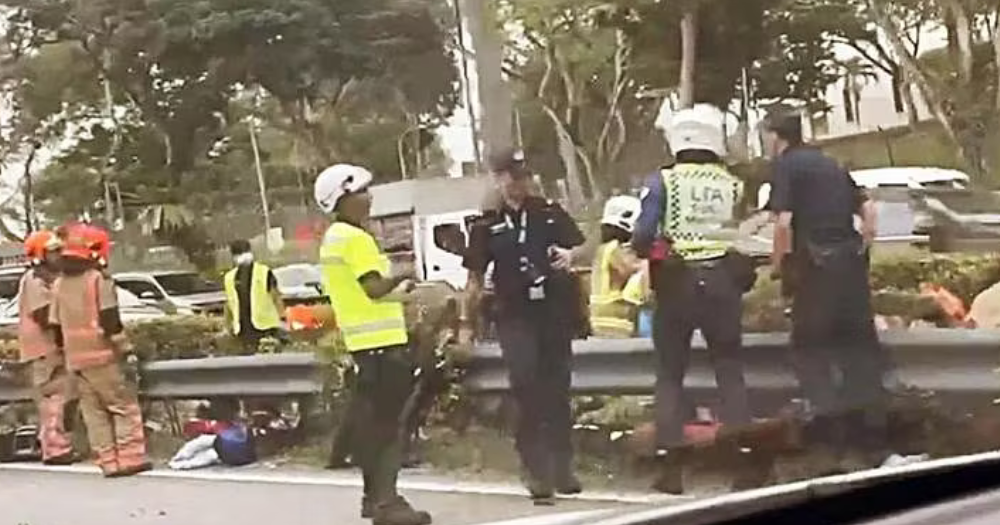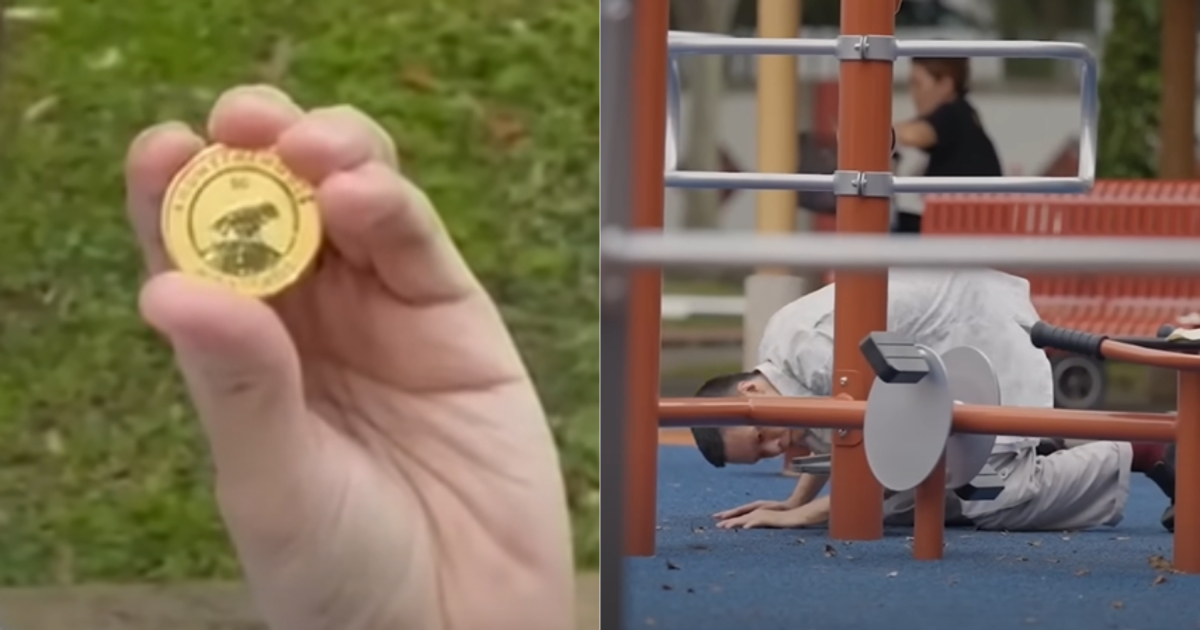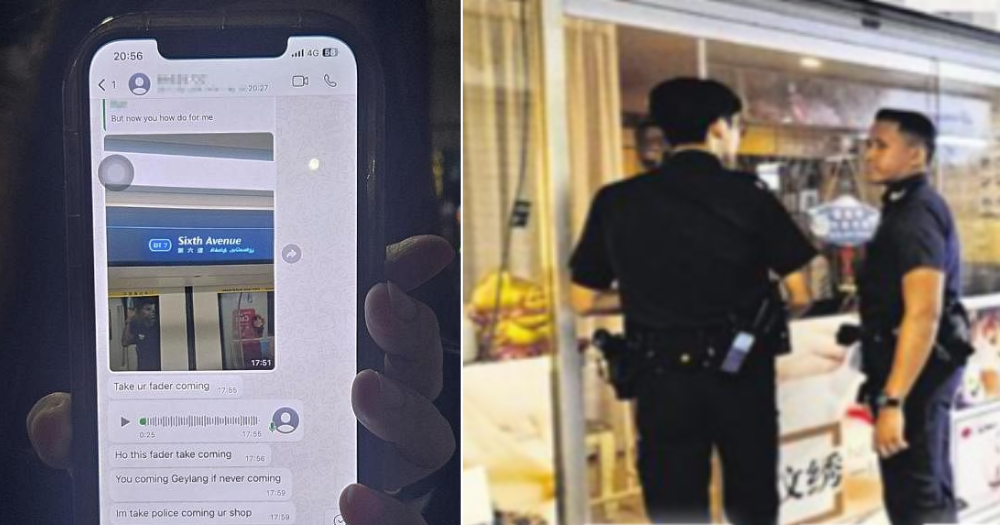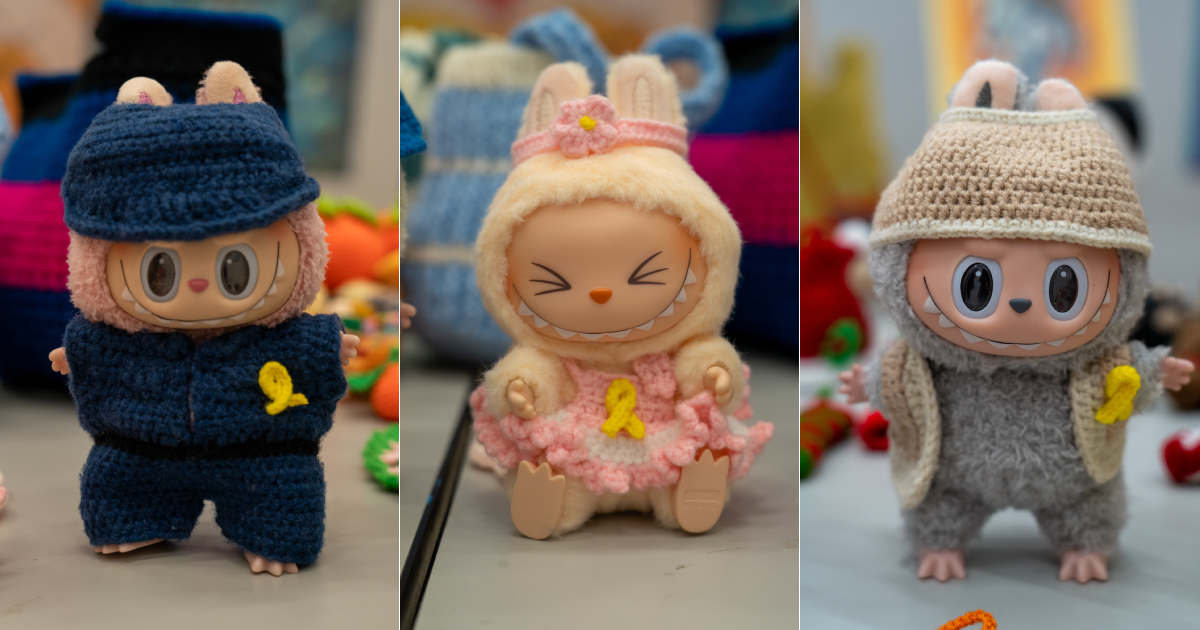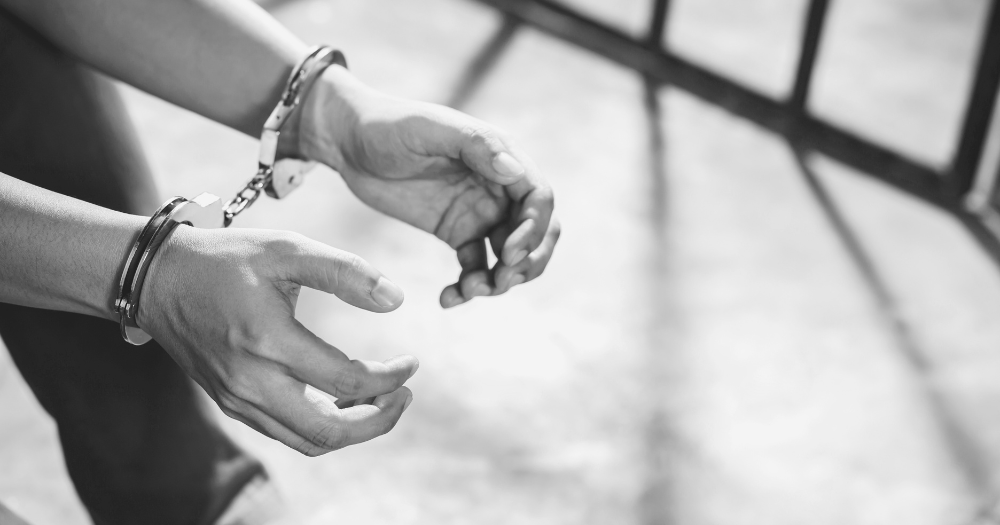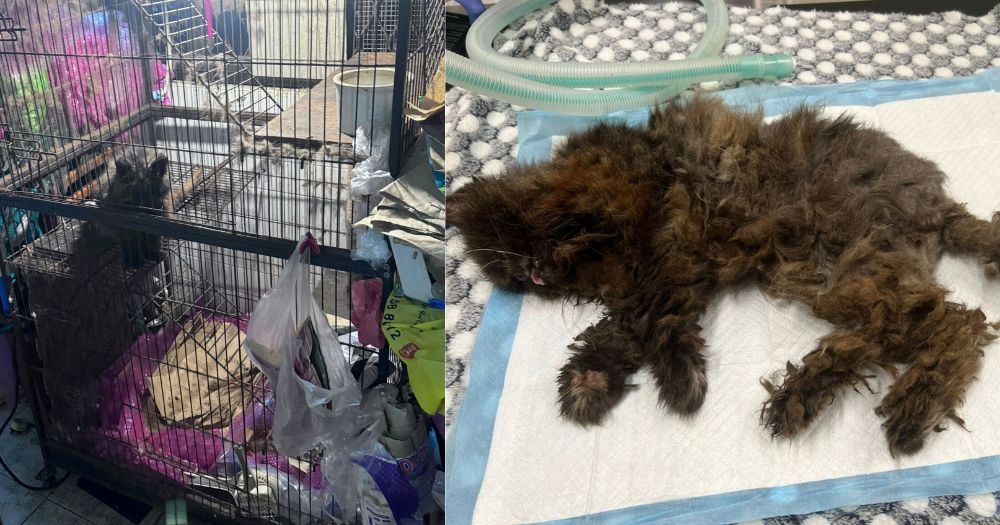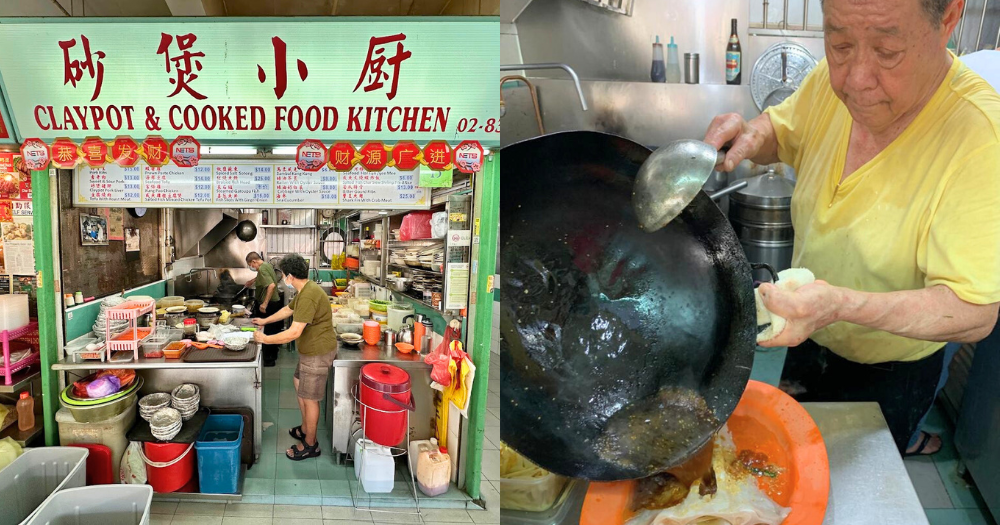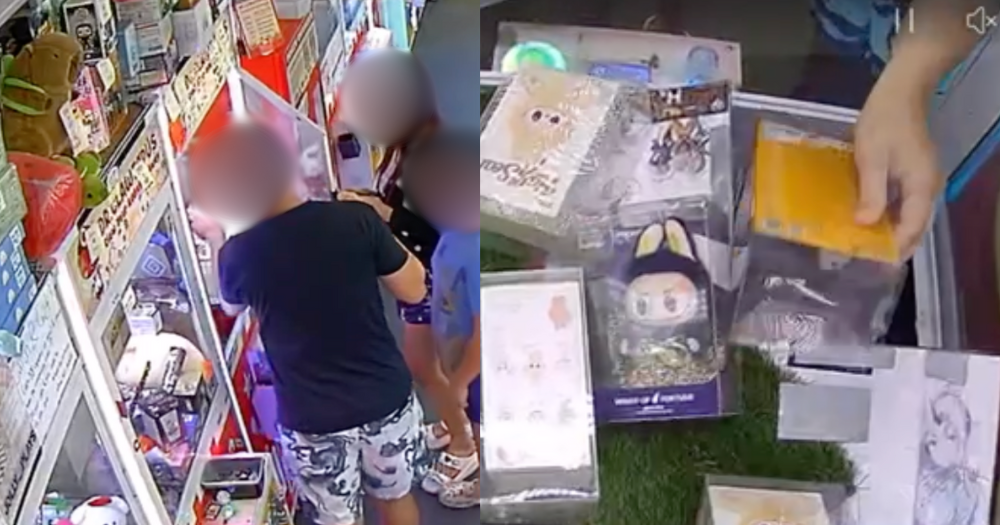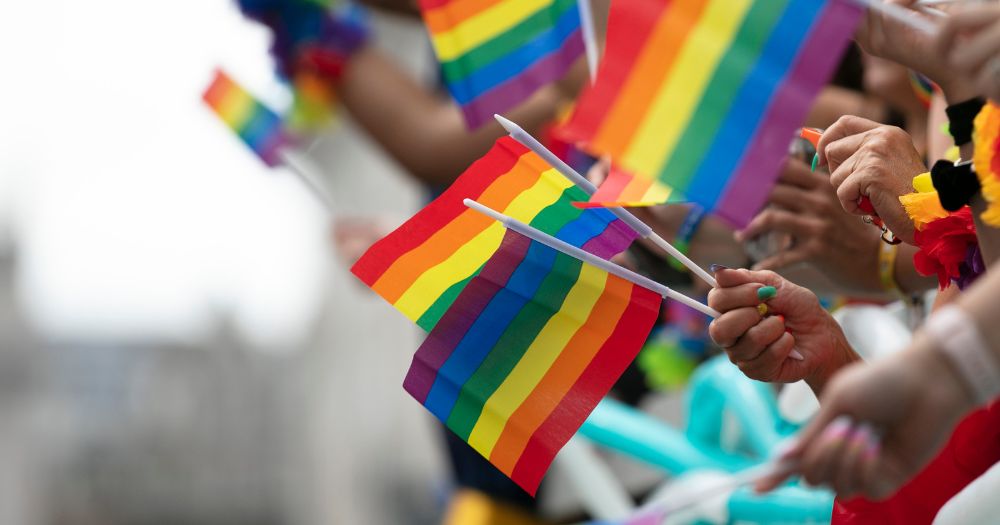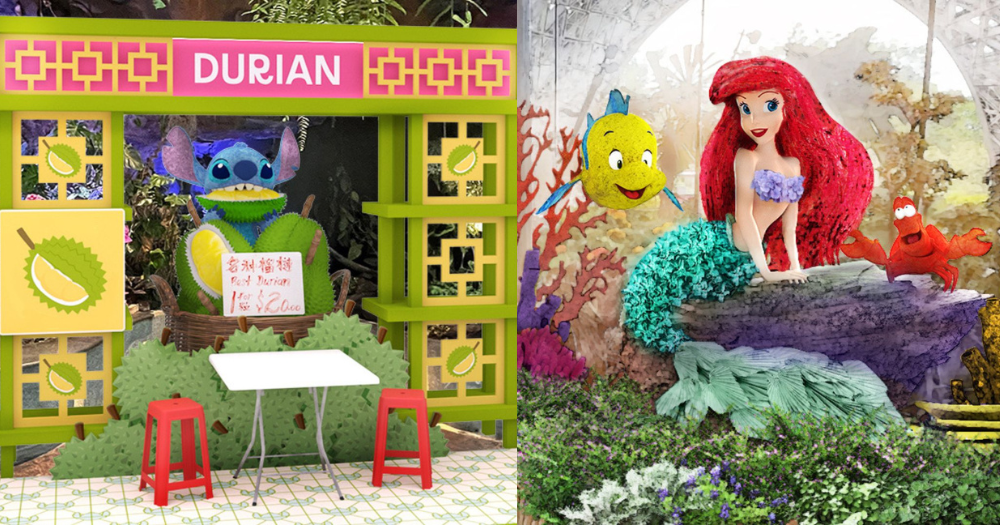ADVERTISEMENT
SFA says Shine Muscat grapes in S’pore have passed food safety tests, after chemical residue & banned pesticide found in Thailand
"To date, SFA’s tests for pesticides in Shine Muscat grapes did not detect pesticide residue levels that are of food safety concern," said SFA.

The Singapore Food Agency (SFA) said Shine Muscat grapes imported to Singapore are subjected to food safety tests, and none of those tests have detected levels of pesticide residue that are of food safety concern.
This comes after reports from Thailand of chemical residue and a banned pesticide being found on Shine Muscat grapes there.
Responding to queries from Mothership, SFA said on Oct. 30:
"To ensure food in Singapore is safe for consumption, SFA has regulations in place to restrict the residual amount of permitted chemicals, such as pesticides, that may remain in food. SFA routinely conducts tests for pesticide in food, including fruits like Shine Muscat grapes. Food will not be allowed for sale if it fails our inspection and food safety tests."
Shine Muscat grapes in Singapore are mainly imported from countries such as China, Korea, and Japan, SFA said, adding that food products such as Shine Muscat grapes must be imported by SFA-licensed importers.
It reminded retailers that they must ensure the food they sell are obtained from SFA-regulated sources, prepared or processed in a safe and hygienic manner, and do not compromise food safety.
SFA added that consumers can play their part to ensure the fruits they purchase are safe to eat.
The agency suggested washing fruits well before consumption, gently rubbing the surface of fruits while rinsing to help remove pesticide residue.
It also said that peeling of skin from fruits can help eliminate pesticide residues, as most of the residue is found on the surface of the fruits.
SFA said it will continue to test and monitor the situation to protect public health.
What was found in Thailand?
Just a few days prior on Oct. 24, the Pesticide Alert Network (Thai-PAN), together with the Thailand Consumers Council (TCC), found that 23 out of the 24 Shine Muscat grape samples had chemical residues exceeding the legal limit.
Thai-PAN is an organisation composed of academic groups, public benefit organisations, and farmer groups that aim to advocate the dangers of pesticides and related issues, while TCC is an organisation established under the Thai Constitution meant to represent consumers on all issues.
Responding to the reports, the Thai Food and Drug Administration (FDA), under the Ministry of Public Health on Oct. 28, said that fruits and vegetables will be more strictly screened to ensure consumer safety.
50 types of chemical residues
24 samples, collected on Oct. 2 and 3 from Bangkok and its surrounding areas, were discovered to have a total of 50 types of chemical residues.
Nine of those samples came from China, while the origins of the remaining 15 could not be identified.
One sample had the insecticide chlorpyrifos, banned in Thailand since 2020 after studies suggested it may increase the risk of cancer in humans.
Thai-PAN said 74 per cent of the pesticide residues identified are systemic pesticides, meaning they are likely to remain in grapevine tissue and will be difficult to remove.
Tests found 14 chemicals in concentrations above the safety limit of 0.01 mg/kg.
However, 22 of these chemicals, including triasulfuron, cyflumetofen, tetraconazole, and fludioxonil, are not regulated under current Thai law.
Most grapes still safe to consume
Following the news, Thailand's FDA secretary-general Surachoke Tangwiwat reassured the public on Oct. 25 that 36 out of 50 chemical residues did not exceed the safety limits and were safe.
The other 14 are not on the watchlist due to a lack of information on their risks.
However, he urged consumers to wash the grapes thoroughly before consumption.
Tangwiwat said the organisation will enhance the measures for monitoring imported vegetables and fruits in 2025 by increasing the types of pesticides to be analysed.
Anyone who imports vegetables and fruits that are found to have pesticide residues exceeding safety limits will be fined up to a maximum of 50,000 baht (S$1,900), said Tangwiwat.
The products will also either be destroyed or sent back to the country of origin.
Top image via Canva
ADVERTISEMENT
ADVERTISEMENT
MORE STORIES









